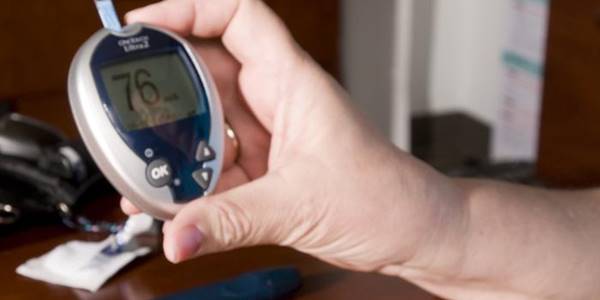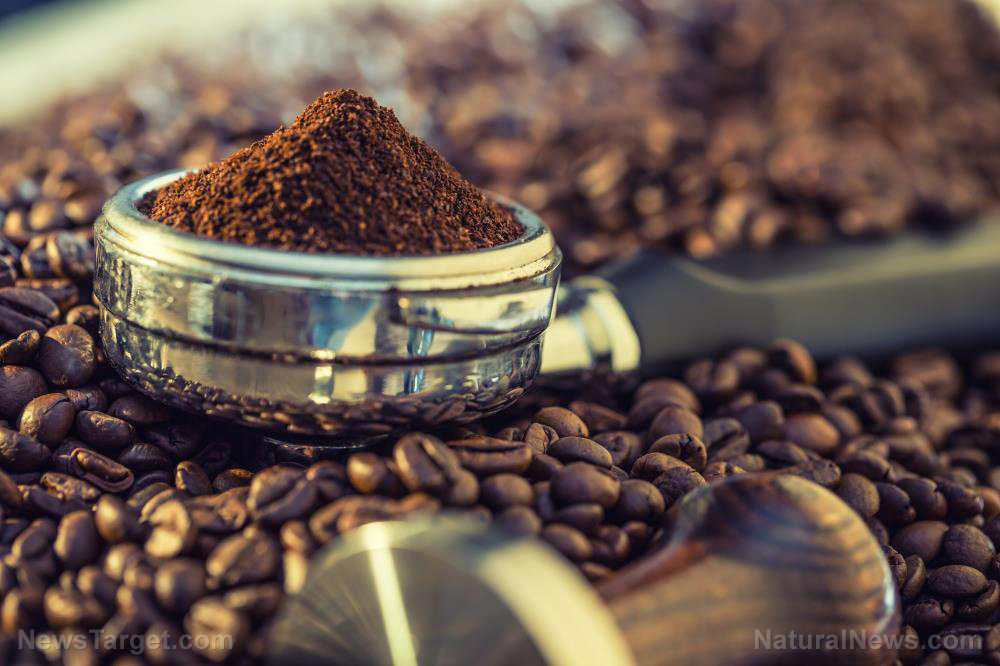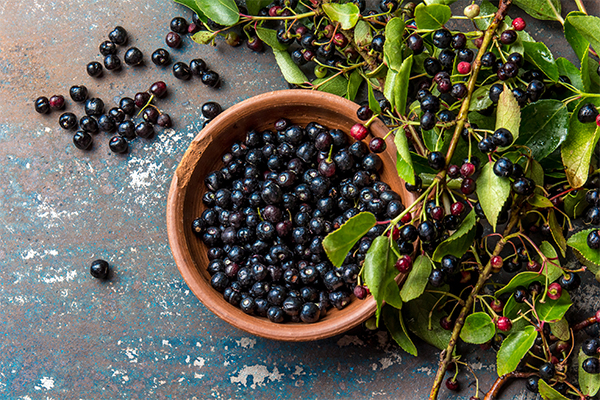False pharma promises: Scientists find that taking Type 2 diabetes drugs doesn’t prevent the condition in those with prediabetes
01/31/2020 / By Cassie B.

Learning you have prediabetes is a serious wake-up call, and it’s understandable that you’d be willing to do everything in your power to prevent it from becoming full-fledged diabetes. For some people, that means taking type 2 diabetes medications on the recommendation of their doctor. While no one wants to start taking meds every day, it’s better than getting diabetes, right?
Unfortunately, a recent study shows that type 2 diabetes drugs simply don’t prevent people with prediabetes from progressing to full-blown diabetes. The study, which was published in Diabetes Care, saw adults with prediabetes divided into four groups: a placebo group, a group that took the drug Victoza plus metformin, a group that took the drug Lantis plus metformin, and a group taking metformin alone. The participants were also given lifestyle recommendations.
The patients were followed through 12 months of active treatment and then reanalyzed three months after stopping the therapy. The researchers looked at the patients’ glucose tolerance to determine whether any of the approaches yielded an ongoing benefit, like lower glucose levels or the recovery of beta cells. While those who took Victoza noted the greatest benefit of the groups initially, not one of the participants enjoyed lasting benefits three months after stopping their medication.
Indiana University School of Medicine’s Dr. Kieren J. Mather, the study’s author, said: “At 15 months, everything is gone. We were not able to induce sustained change.”
What can stop the progression of prediabetes into type 2 diabetes?
While getting diagnosed with prediabetes doesn’t mean type 2 diabetes is an inevitability, it does mean your chances are greater than those without the condition, and you should take action right away to avoid it. While genetics can play a role, other factors have a bigger role in the disease’s development, such as being overweight and/or inactive.
A study published in the Journal of the American Medical Association found that for adults with prediabetes, changes to their lifestyle and diet were just as effective as taking metformin.
Eating healthy is extremely important, especially when it comes to your intake of sugar and refined carbohydrates like white bread, white rice and russet potatoes. While brown rice and whole wheat bread are better choices, foods that rank low on the GI scale are best, such as non-starchy vegetables, beans, oats and sweet potatoes. When you do feel the need to eat a food like white rice, adding some chicken and vegetables can help slow its digestion and reduce the chances of a blood sugar spike.
You could also turn to natural ways of fighting diabetes, such as turmeric and ginger. Both herbs come from the same family and have been shown in studies to help with diabetes. In one study published in Diabetes Care, turmeric was 100 percent effective in stopping prediabetics from developing into full-blown diabetes, with no one in a group of participants who took 250g of curcuminoid from turmeric daily developing the illness versus 16.4 percent in the placebo group.
Ginger, meanwhile, has been shown to lower several markers of diabetes, including fasting plasma glucose, triglycerides, total cholesterol, insulin and various inflammation markers.
Consuming fiber is also important. Not only does it help you feel fuller for longer, which makes you less likely to overeat and makes it easier to maintain a healthy weight, but it also helps you avoid that crash that comes after eating foods high in sugar.
If you have prediabetes, taking strong diabetes drugs isn’t the answer, according to this study. Changing your diet and consuming turmeric and ginger could be all you need to help keep your blood sugar in check and prevent the illness.
Sources for this article include:
Submit a correction >>
Tagged Under:
Big Pharma, blood sugar, carbohydrates, curcumin, diabetes, ginger, lifestyle, metformin, Prediabetes, prevention, research, turmeric, Victoza
This article may contain statements that reflect the opinion of the author
RECENT NEWS & ARTICLES
COPYRIGHT © 2017 PREVENTDIABETES.NEWS
All content posted on this site is protected under Free Speech. PreventDiabetes.news is not responsible for content written by contributing authors. The information on this site is provided for educational and entertainment purposes only. It is not intended as a substitute for professional advice of any kind. PreventDiabetes.news assumes no responsibility for the use or misuse of this material. All trademarks, registered trademarks and service marks mentioned on this site are the property of their respective owners.





















